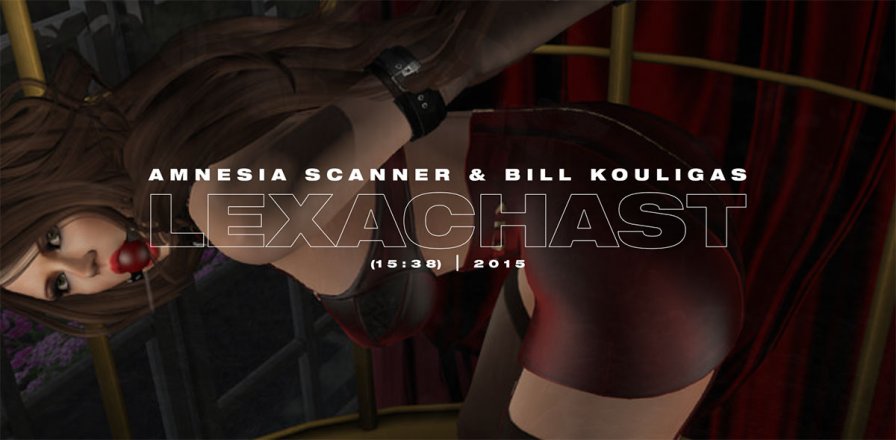In a broken world, fiction is essential. Not the kind of fiction that is produced daily as self-fiction, or even the aggregated socio-fictions we develop to navigate life’s multiplicity and mundanity, but those basic loud, seductive, visceral fictions that exist as the human will to power. This is a grand fiction that mythologizes escape from forced valuation and banal congregations of history. This is perhaps among the more essential capabilities of music — to reevaluate meaning as anything but a still reservoir, but rather as a production, an undertaking, a will to affirmation radically oscillating between the real-world and a fiction-world boundlessly critical of the real’s shortcomings. Regardless of its design, we return to this fiction in the same obedient manner as we return to cyclical law; the way we return to death and dying, life and living — the way we return to movement as critical, corrosive beings, to listening in on vital dreams in visceral dance with new normalities.
Amnesia Scanner’s fictive world has dramatized the will to power through their surreal world-building. Their work has been polemical and subversive in its voicing of this fiction. AS Angels Rig Hook was a radical critique of contemporary life, a hybrid work allowing creative and sonic forces to surge in communion with gloriously malignant views of the future-present. The work’s illegibility came primarily from Jaakko Pallasvuo’s remarkable, Trecartin-esque text laden with “demonic, disembodied voices chattering to create fragmented narratives coded into drones, high-speed Wi-Fi, Gregorian monks, and Google Krishna.”

Their manner of dramatization is extended and ravaged further in LEXACHAST, their brutal collaboration with PAN label head Bill Kouligas. The “15:38”-long piece begins with barely-recognizable, already-morphed voices spliced from AS Angels Rig Hook — voices warped further into an insectoid buzz. These voices encircle the mix as their differentiation and repetition gains momentum through sequential phrases disrupted by eruptions of profound noise. Immense, romantic, Dionysian bursts of cybernetic sound rage forward in black metal-like assaults; the drama eventually descends in a rave-esque trance of unwound voices swimming through wired tentacles, their spidery metallic forms skittering throughout. Such drama is deepened in descending motifs that ravage like an Arvo Pärt organ piece: repetitive and meditative, yet fueled by our times’ cybernetic zeitgeist and desire for severity. The apparatus devastates enough to teleologically pull the piece toward negative implosion or illumination, a momentum nipped off suddenly during its final, “Ligeti-trance” climax.
LEXACHAST functions as a brutal installment in Kouligas’s regular quest for ecstatic, severe sound; and, more specifically, it serves as another step toward an impartial de-individualization of fiction in music-making — an illuminating quest for the broken, exploded, utterly volcanic lineage of immersive sound running parallel to an already exploded reality. Now-regular PAN collaborator Harm van den Dorpel returns by providing a generative image display that showcases more culturally specific content than the particle systems he developed for his previous collaboration with ADR. Rather, here, he demonstrates the heartbreaking consumption patterns of contemporary life institutionalized in the onslaught of unshakable images. Amongst this chatter of overlayed cultural apparitions, a music enshrouds their harshness in an undeniable drama, aphoristically searching for an outside — that receding horizon, that location of dynamic affirmation between power and presence.
To use DeForrest Brown Jr.’s algorithm: “chatter as shroud + anxiety amid receding horizon = negative potential.”
More about: Amnesia Scanner, Bill Kouligas, Harm van den Dorpel, PAN




